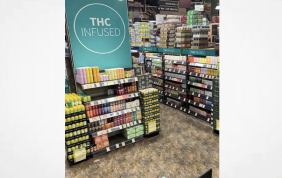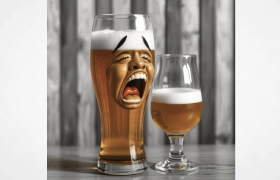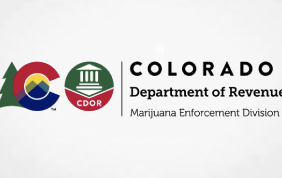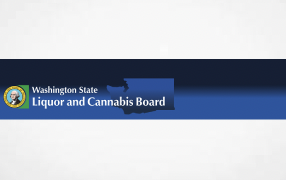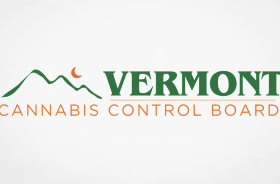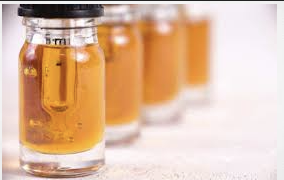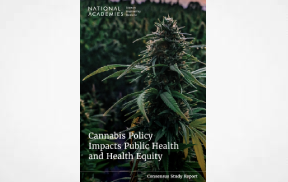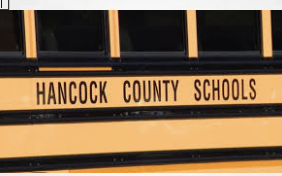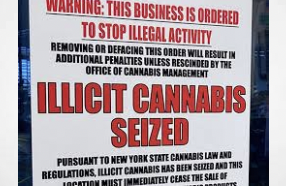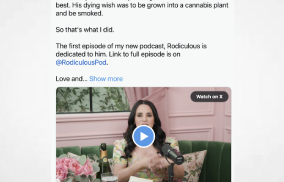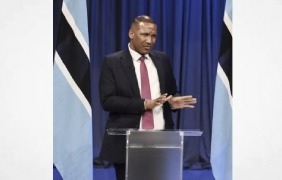Editor’s Note: This is a guest article by attorney Jen Randolph Reise
After a tumultuous legislative session, we finally know what is next for Minnesota, a closely-watched state that will launch recreational cannabis sales in 2025.
Background
To level-set: Gov. Walz signed HF100 into law in May 2023, making Minnesota the 23rd state to legalize cannabis for recreational / adult-use. Some rules have changed already: we have personal possession limits of 2 oz generally and 2 pounds at home, and can home grow up to 8 plants (4 flowering at a time). But licensed grows and dispensaries had to wait while the brand-new Office of Cannabis Management got up and running.
Minnesota’s original plan was a merit-based licensing system with 17 different license types and no vertical integration except for the smallest licenses, to facilitate a craft cannabis industry in Minnesota: a “micro” allowing you to grow, manufacture, and have one retail location, and a “mezzo” which similarly allows vertical integration and three retail locations.
The 2024 Omnibus Cannabis Bill
This spring, Minnesota’s young OCM got most of the package of changes to cannabis law that they had asked for, in addition to a number of other changes by advocates and industry participants. The 2024 bill changed not just Minnesota’s still-pending adult-use licensing regime, but also expanded its medical program and continued the delicate balance Minnesota is trying to strike with its regulation of hemp-derived edibles and beverages.
First, in a move to prioritize social equity, MN-OCM made two huge changes:
- Added a special early licensing round of applications this summer for “social equity applicants” (in all license categories); and
- Moved to a “qualified lottery” with caps rather than a fully merit-based system, both for that early social equity round and for the later regular round (expected 1Q25).
Minnesota’s definition of social equity ended up being fairly broad. It includes people with prior convictions for cannabis possession or sale and their family members, as well as all veterans, and people who live in areas of Minnesota falling below certain poverty standards. An effort to add women who own women-owned businesses to the social equity definition failed.
Industry efforts to provide for starting cultivation before dispensaries open mostly failed, as well, in spite of testimony about the time, effort, and capital it takes to set up a successful commercial grow. Lawmakers did approve a small exception, however: social equity applicants who are chosen in the qualified lottery for micro, mezzo, or bulk cultivation will be able to begin cannabis cultivation at that time (expected Oct. 2024).
Otherwise, all applicants must wait to touch the plant, and no dispensaries may open, until a future date established by OCM, likely in summer 2025.
Regulation of Hemp-Derived THC Beverages and Edibles
Other interesting points in the new legislation massage the regulation of Minnesota’s thriving industry in beverages and edibles containing hemp-derived THC.
Minnesota’s 2023 HF100 bill created a framework for these products which set a serving size as 5 mg of hemp-derived Delta-9 THC, with a maximum of 10 mg per can or 50 mg per package of edibles, and added testing, labeling, taxation, and packaging requirements which have protected consumers and empowered a massively growing industry. Now, crisp seltzers with 5 or 10 mg of hemp-derived THC have an endcap at most liquor stores and are a separate section on many bar and restaurant drink lists, and sales are estimated at $5 million per *month* and growing.
Mostly-Minnesota brand hemp-derived THC beverages on display at Total Wine in April 2024
As a side note: the Minnesota experiment in regulating hemp-derived THC beverages has back-doored social consumption of THC here, brought new cannabis consumers into the market, and served as an on-ramp for small entrepreneurs into the full cannabis industry. In a moment when the national discourse is hemp vs. cannabis, and Congress argues about stamping out the intoxicating hemp industry altogether, I suggest Minnesota’s experience offers some lessons on how these two industries can co-exist.
In any case, 2024’s legislative changes included allowing the hemp-derived THC beverages to be served on tap for the first time and softened the requirements for establishments that sell both alcohol and THC (the new rule is, as a bar/restaurant, you should not serve an “obviously intoxicated” person, but do not need to keep track of whether they have cross-imbibed).
Editor’s note: As this article is being published, Minneapolis is hosting the first Hemp Beverage Festival in the US put on by the Hemp Beverage Alliance.
Medical Program Expansion
Finally, the 2024 legislation made some important changes to Minnesota’s medical cannabis program, which had been fairly static for years.
- All Conditions Qualify. Qualifying Conditions now include “a medical condition for which an individual’s health care practitioner has recommended, approved, or authorized the use of cannabis by that individual to treat the condition,” which opens our once-restrictive medical program up to anyone who needs it.
- Caregiver Grow. A registered medical patient who does not want to or cannot grow their allotment of eight homegrow plants can delegate those eight plants to be grown by their registered designated caregiver. One caregiver may cultivate up to the maximum of eight plants on behalf of one patient, as well as up to eight plants for themselves.
The next year will be a time of immense change in Minnesota’s cannabis industry as we move through two rounds of licensing and finally launch the adult-use market. As a Minnesota cannabis business lawyer, I have a number of clients who plan to apply for licenses and switch their products or retail locations from hemp-derived THC to full cannabis if they obtain a license. Others are choosing to stay in the hemp-derived THC market and take advantage of the lower regulation and ability to ship nationwide – assuming Congress does not fundamentally change that market.
Much remains to be written. But at least we have a timeframe for that first round of social equity license applications: July 24-August 12. I’ll take it.
June 7, 2024
This is a guest post by Jen Randolph Reise, a leading Minnesota cannabis business lawyer. Jen founded the cannabis practice at North Star Law Group PLLC in St Paul MN.

https://cannabusiness.law/minnesota-looks-forward-to-legal-cannabis-and-drinks-hemp-too/

